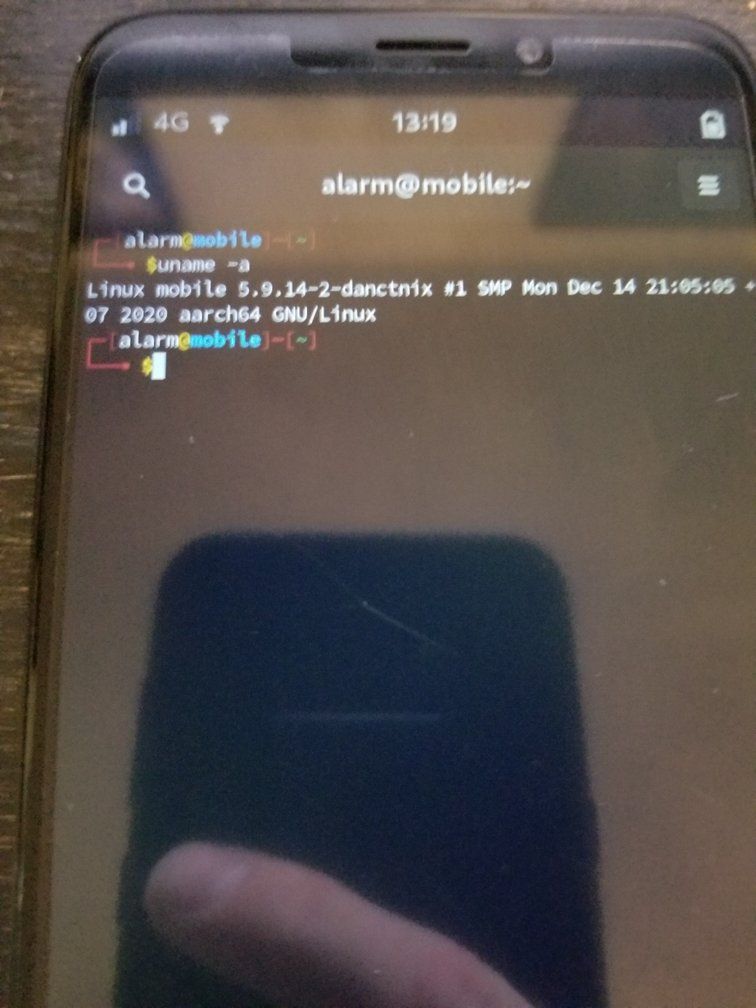I recently was enrolled in the Offensive Security Advanced Web Attacks and Exploits course. This is the newer version of the course, and it leads to the Offensive Security Web Expert Certification. Well, you’ll get the cert after you pass a 48 hour hands-on exam and write a report of your findings. Fun.
First off, I have bug bounty hunting/web app testing experience, so some of the material in the course is not new to me. With that said, the material is presented well, and I enjoyed being able to see somebody else’s methodology of going from initial exploit to full-blown remote code execution. And I definitely still learned a lot along the way.
I’m a mostly self-taught hacker, as are a lot of people in the field. Unfortunately, I find that when I learn on my own, I miss some things along the way. Usually it’s just little time-saving tricks or different ways of doing things, but sometimes I miss things that may cost me money in the bug hunting world. So, I like to supplement the self-learning with some courses occasionally.
If you’re reading this, you probably know how the labs are set up. You get access to 12 boxes running vulnerable software. You exploit them from initial exploit to RCE. The course manual and videos walk you through it, and then they give you “extra miles” to complete, if you’re inclined. The course manual and videos are well put together and explain all the exploits thoroughly.
Should you purchase this course? That depends. I think if you’re already established in the field and making some money bug hunting, you can probably pass it over. If you’re looking to make a transition into web-app pentesting from dev work, it would be a good choice for you. If you’re looking to challenge yourself, go for it. If you’re looking to bolster the resume, go for it.
What do you need to know to complete the course? Well, my skills in C# and Java are a little lacking, so those parts were the most challenging for me, but they were also the parts where I learned the most. I’ve seen some people recommend having an OSCP cert before starting the AWAE, but I don’t think that’s necessary. They are different beasts, and while there is some overlap, it isn’t much. I’d say having a thorough understand of Python (requests package and sessions), and Linux is much more helpful than having an OSCP. The course touches PHP, Node, regular Javascript, Python, C#, and Java (am I forgetting anything?), so if you are lacking experience in any of those, I’d recommend familiarizing yourself with them before you start the course.


